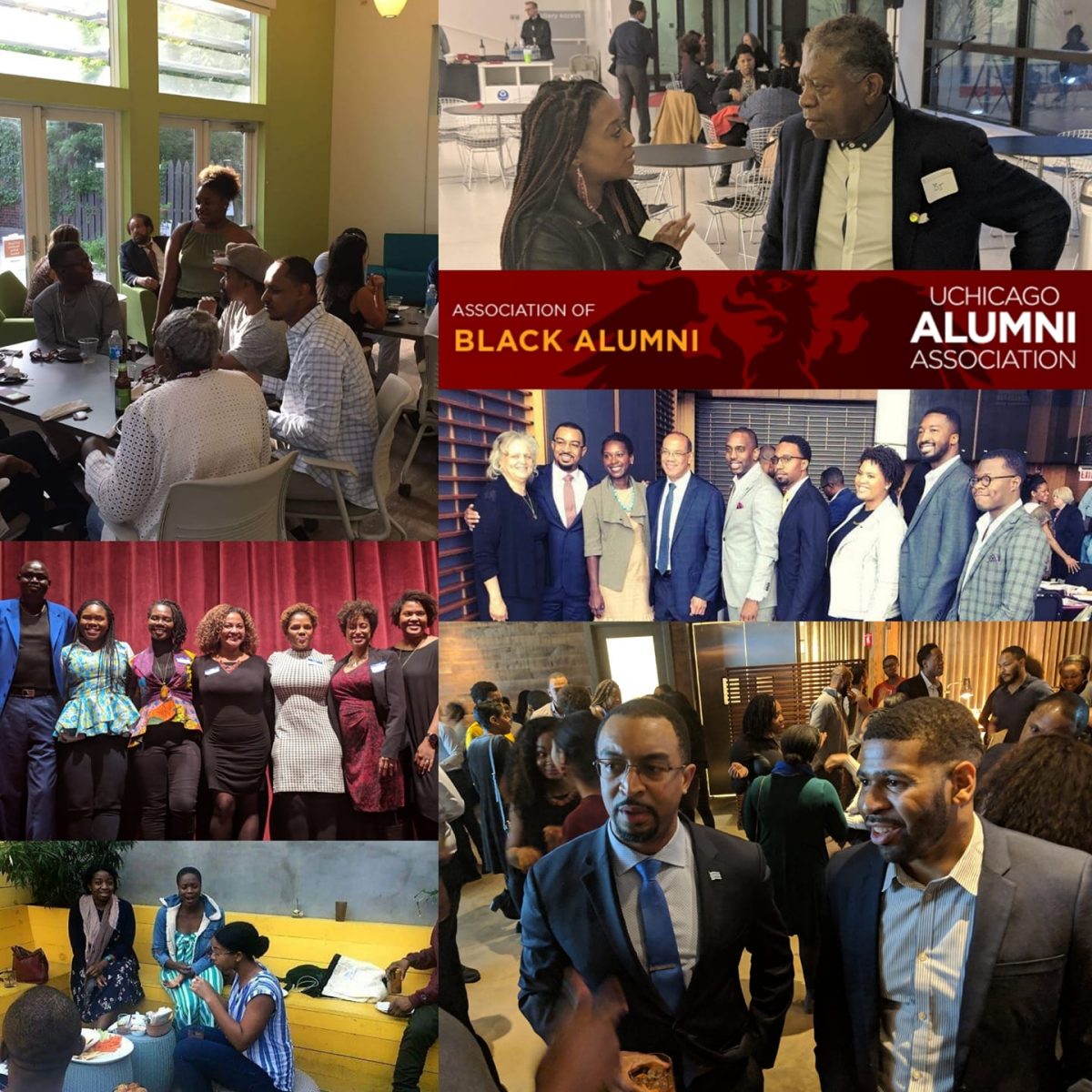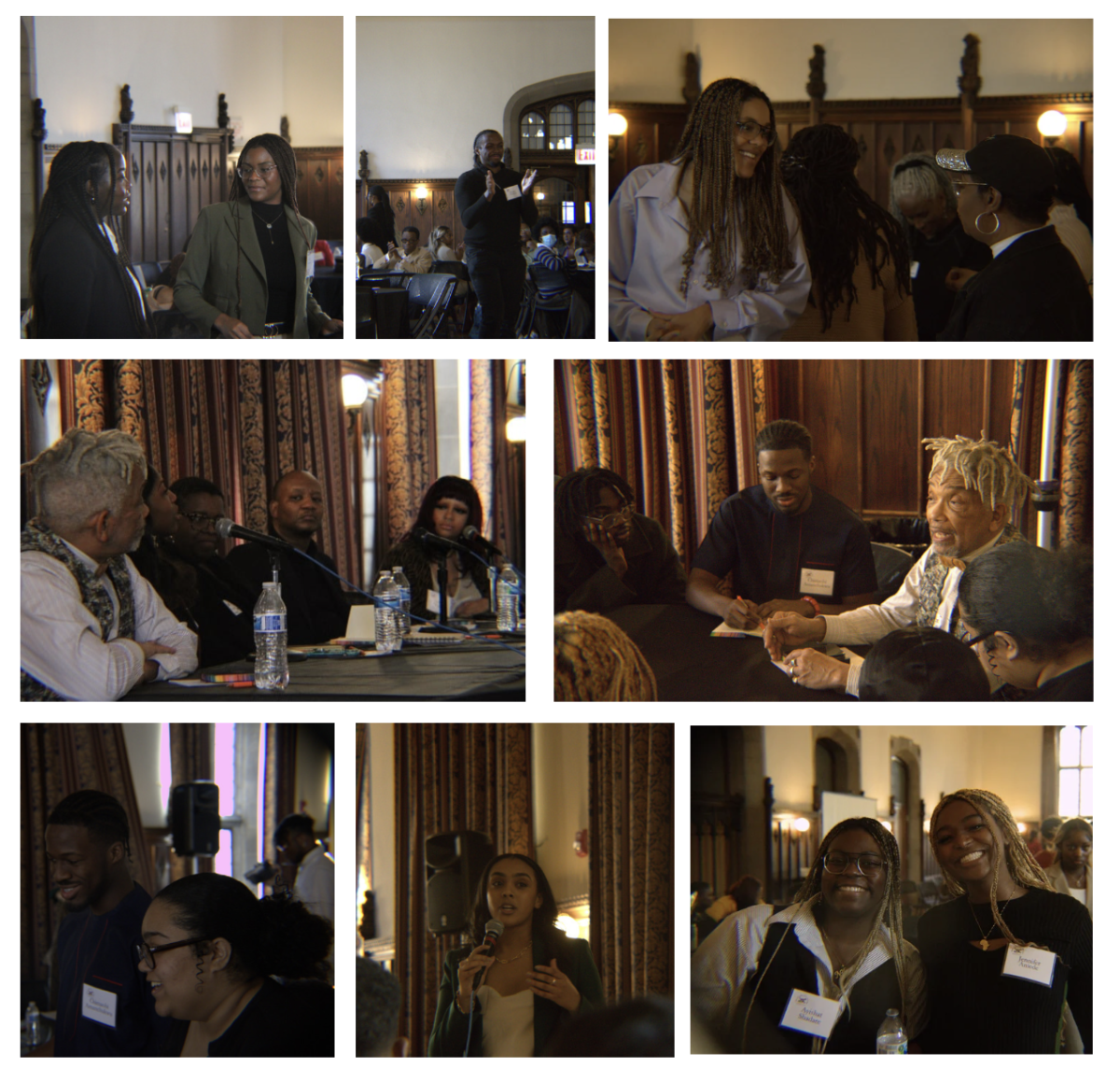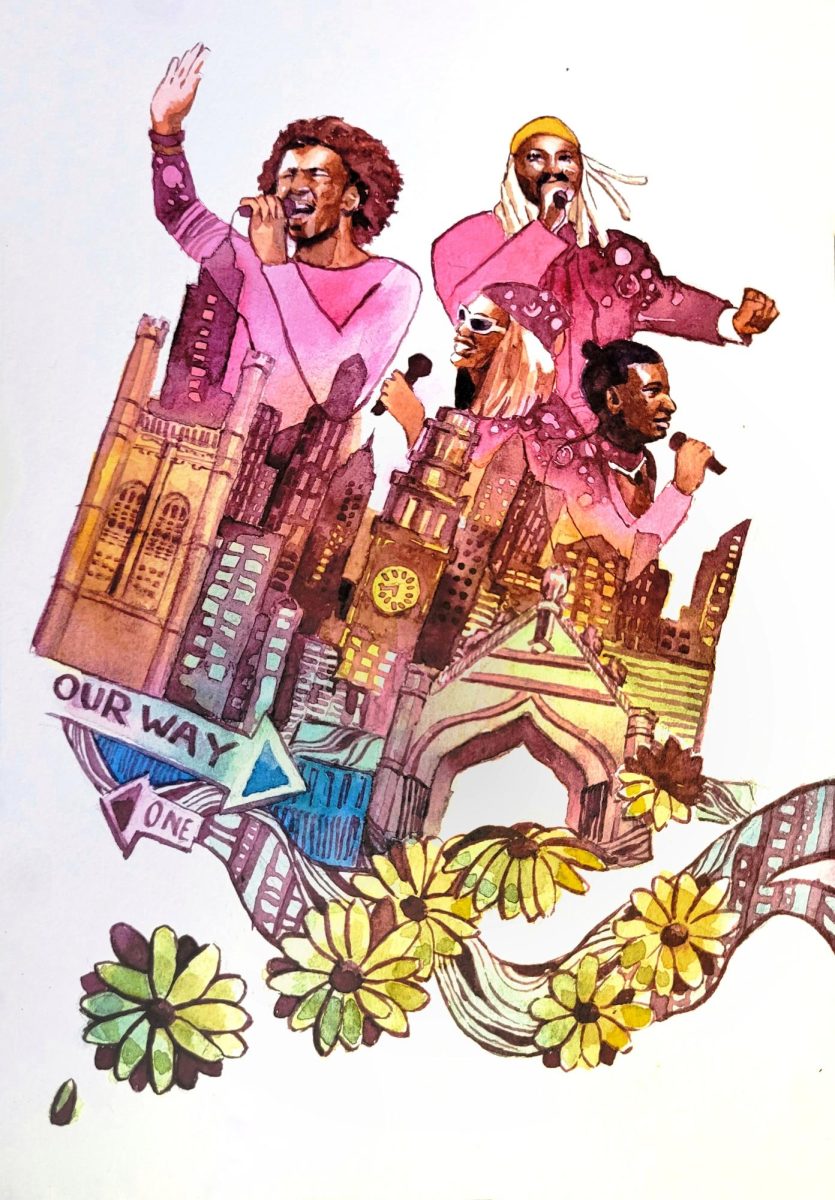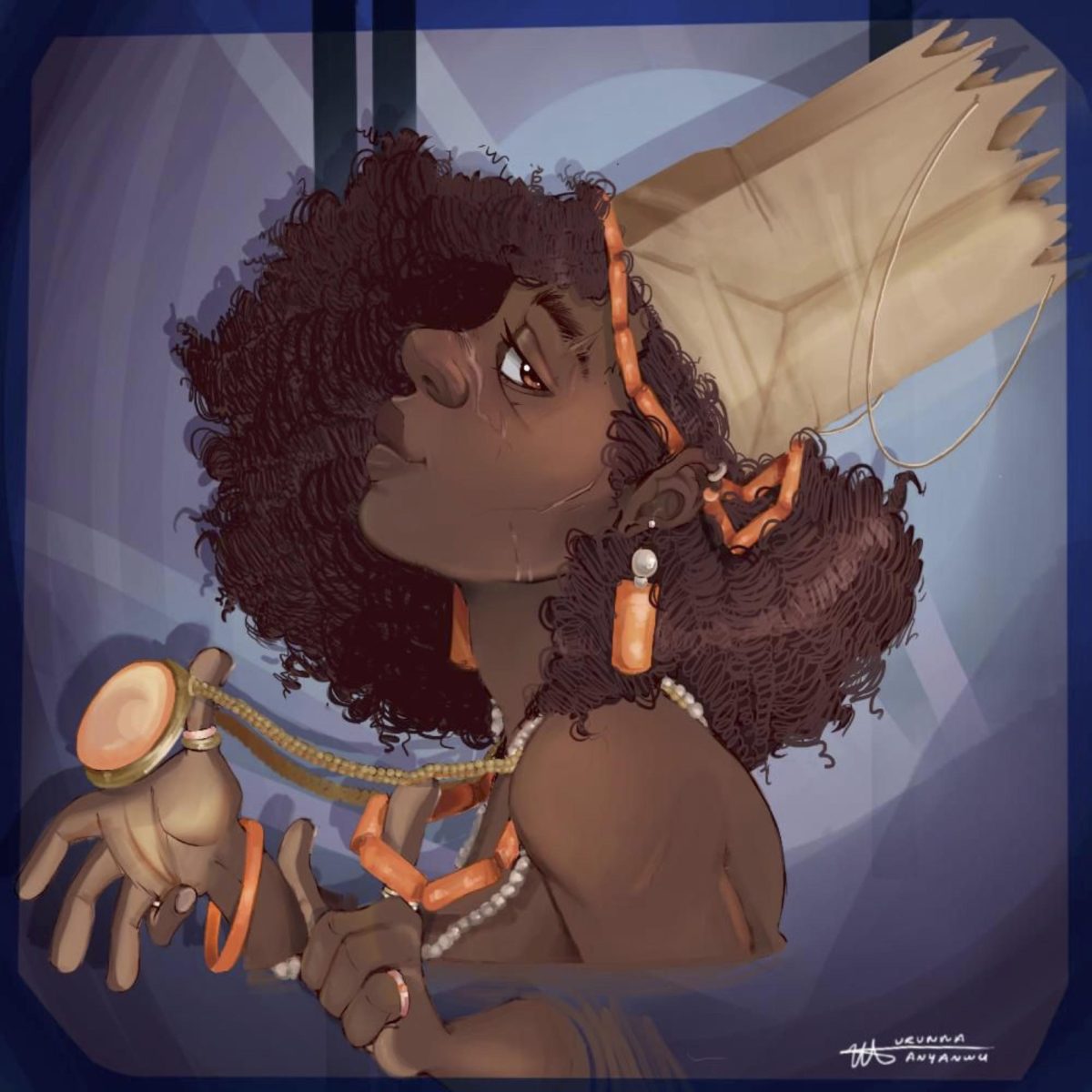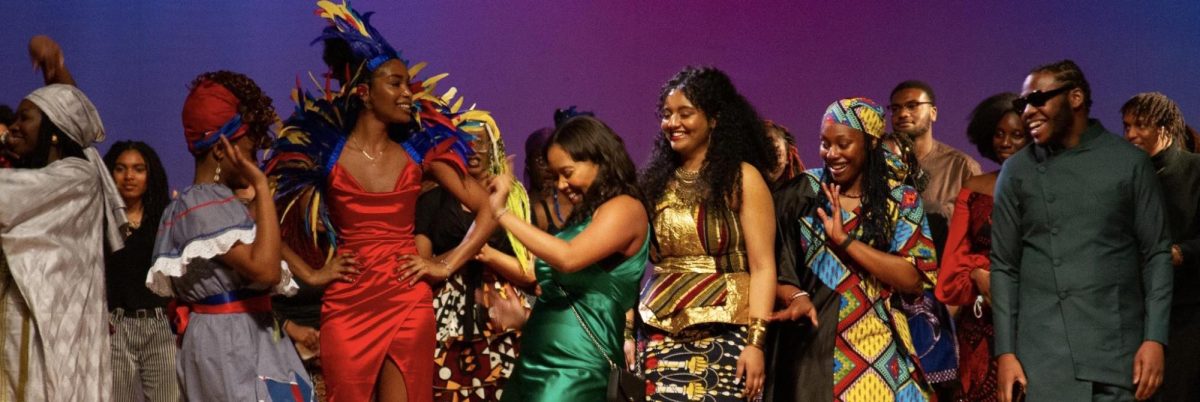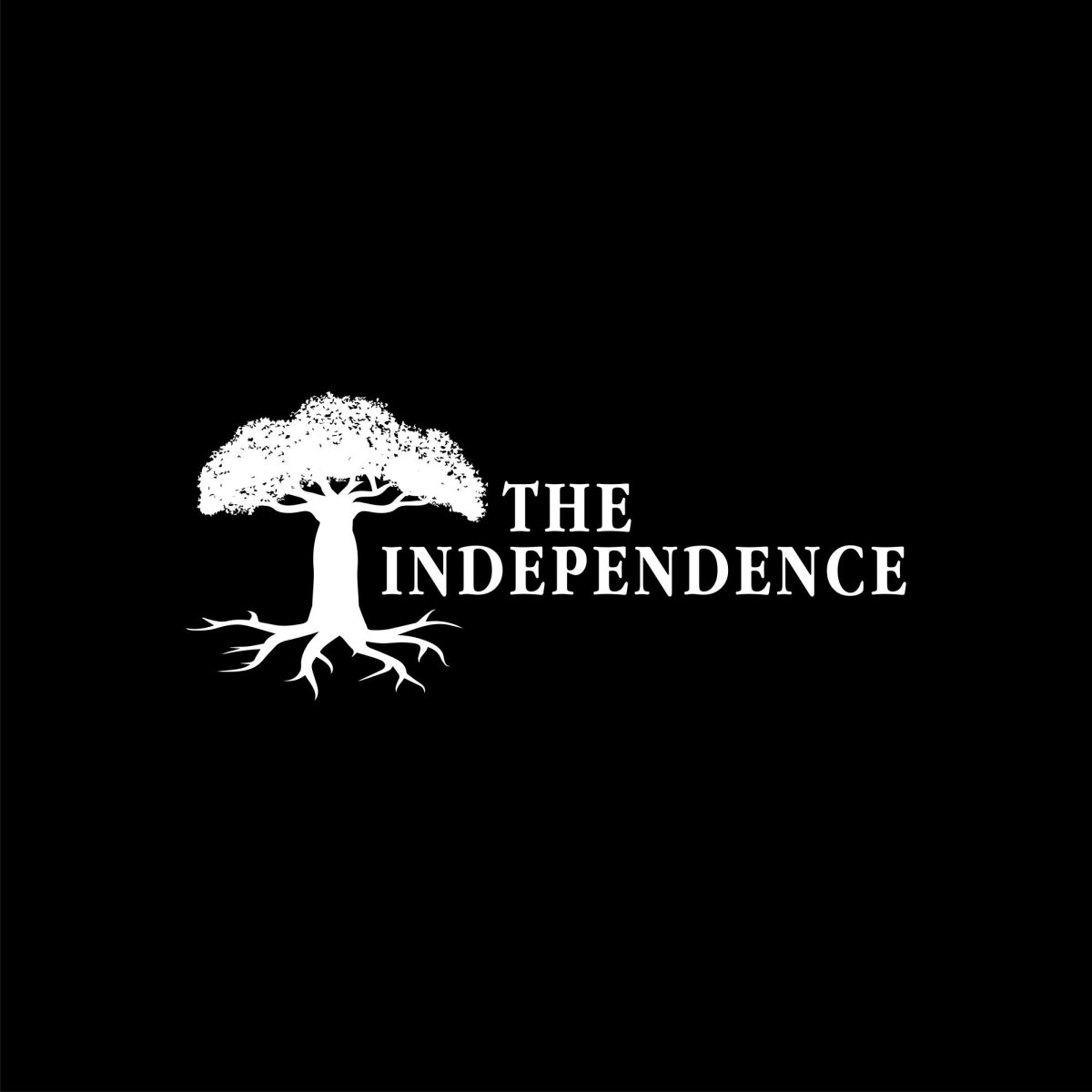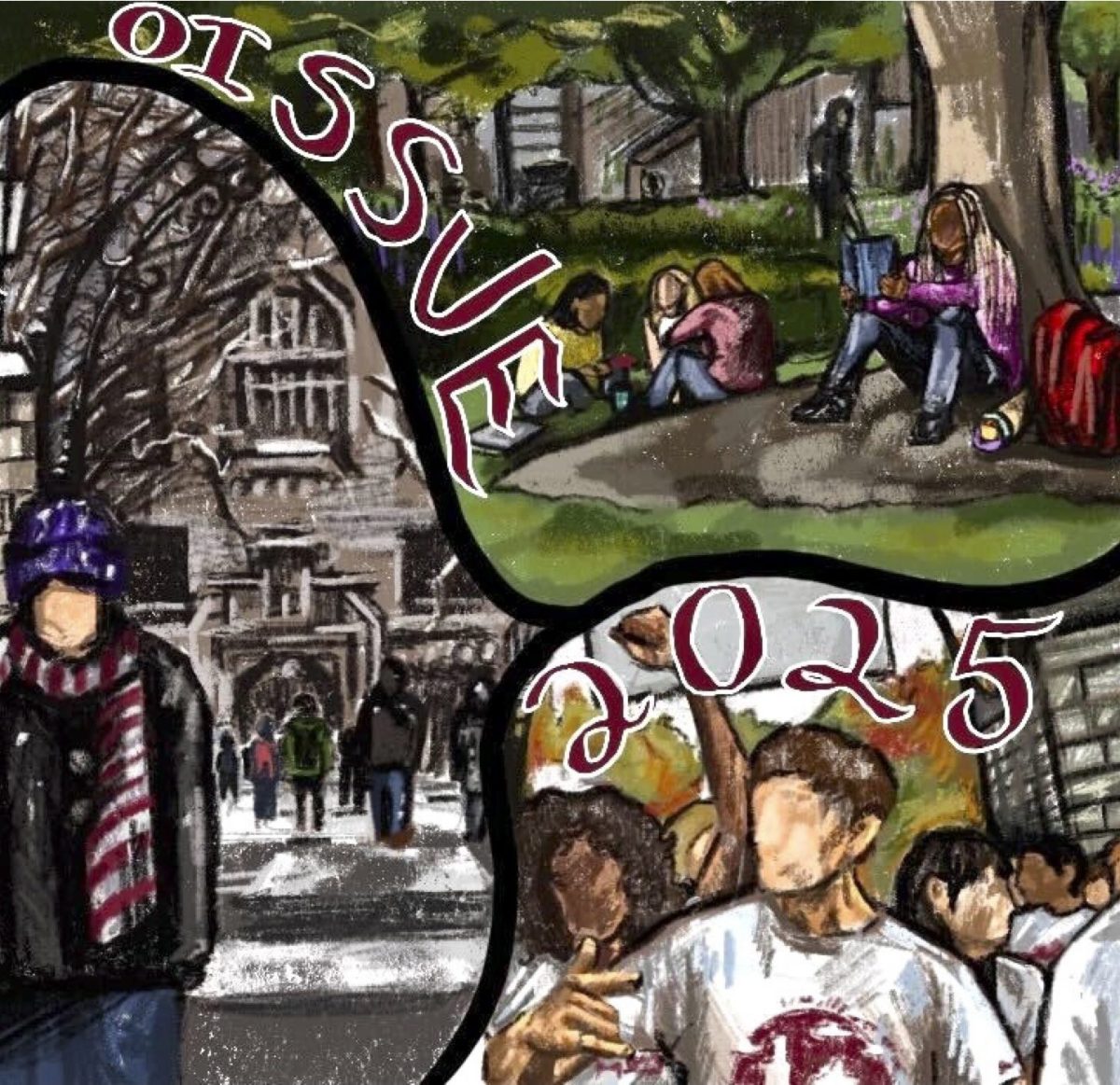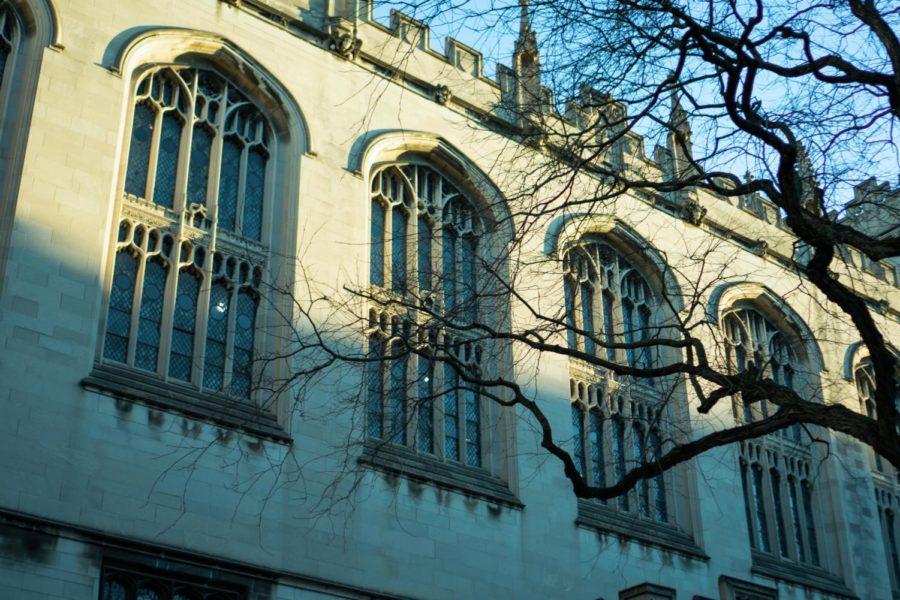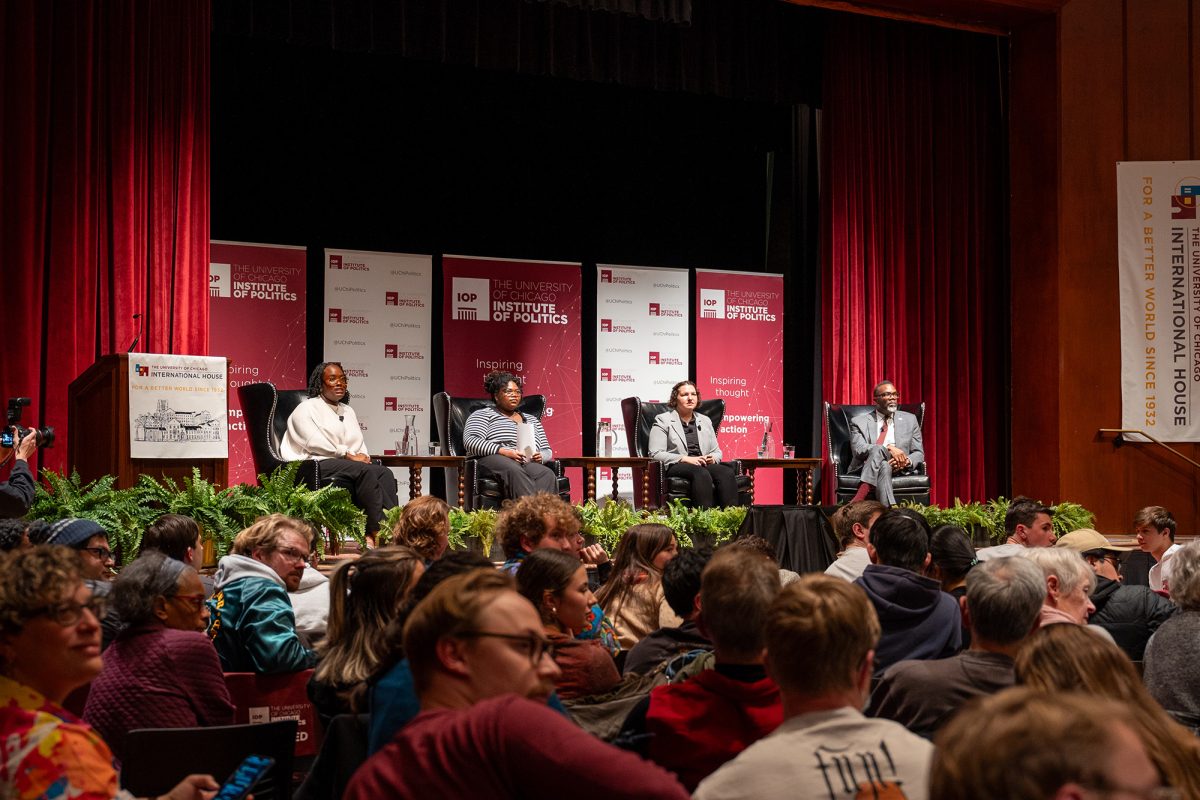The University of Chicago holds a precarious position within its surrounding community.
For some students, that will not be a controversial statement, but, for others, the University’s reputation as a “liberal” institution allows them to feel comfortable and passive toward the University’s politics. People often tend to conflate intellectual exploration with progressivism despite the fact that these concepts are not mutually exclusive. However, for those who have given it a second thought, the placement of the University itself offers an interesting question.
How did Hyde Park become so overwhelmingly white, while surrounded on all sides by an overwhelmingly Black Chicago South Side?
It is no secret that the University of Chicago’s relationship with the surrounding community has been fraught since the University’s founding. From the beginning, the land granted for the University was funded by wealth generated from slave labor and founded, endorsed, and endowed by slave owners. In the early 20th century, the University’s intentionally racist real estate policies only aided in gentrifying this small square of a South Side with a rapidly growing Black population.
Safiya Johnson, A.B. ’14, who worked in recruitment for the University, reflected on her interactions with the community as a representative of UChicago. “I recruited in Chicago, and UChicago’s name and history of Black displacement and racism are very well known in the community. How do you go from, ‘We agreed to be a part of the community and be with you and help you,’ and then it’s, do they believe you?”
Even in the modern day, the University of Chicago controls one of the largest private police departments in the United States, which allegedly engages in racist policing and profiling on and around the university campus. This increase in police presence only further fans the flames of distrust in the relationship between the South Side community and the University.
However, the current University climate appears to be focused on these injustices but on the performance of white-savior ‘giving back’ to the community they gentrified. While this is going on, UChicago’s Black students seem to occupy a delicate place as both occupiers in this South Side community and also people who are interested in connecting to a community with a culture very similar to their own at home.
Internally, race relations within the student body trend toward amicable ignorance, which allows non-minority students to engage in discussions of race passively, and from a distance. The general feeling across campus is that the University is a model of progressivism and enlightenment that has no prejudices to confront. This sentiment exists among white students because the racism on campus is not as overt as in some of our peer institutions, and therefore it essentially does not exist.
The Black population at UChicago is incredibly small, at only 6 percent, according to the 2022 Common Data Set. For this reason, the creation of groups meant to provide a community for black students, such as the Organization of Black Students (OBS) and the African-Caribbean Student Association (ACSA), have a relatively high membership within the small proportion of Black students. For many Black students, these are the primary channels through which they have found community, because even though they themselves may not be part of these organizations, chances are they know someone who is.
Watson Lubin, A.B. ’23 described his view of finding community on campus through being in the orbit of spaces like OBS and ACSA. “[UChicago has] particular groups of students who are otherwise disadvantaged, so I know they cater to students from rural America; veterans, increasingly; FGLI; but Black students? No. I’ve always found that support for Black students has come from all of the social organizations created by and for Black people,” Lubin said.
For example, one of the primary disadvantaged groups that the University has specific programming catered to are First Generation Lower-Income students (FGLI). Their programming involves providing a host of resources for designated FGLI students to assimilate and prosper within the University community, in an academic, professional, and cultural context. Though not every FGLI student is Black, nor is every Black student FGLI, these identities often intersect.
From this, it can be inferred that the University views the divide between classes to be larger than the divide between races. Because of this, any acknowledgments of race relations on campus are viewed as a collective problem between all racial minorities on campus. Many have termed this the “POC problem”, in which issues specific to one particular race or minority have been placed beneath an umbrella that is nonspecific to their status.
Conversations about confronting these issues have been pervasive on campus for a long period of time. In 2013, UChicago Blackness, a Tumblr blog on which students posted anonymously about Blackness on campus, was launched. The posts range in subject matter and contributors. Posts came not only from Black students reflecting on their experiences, but other races discussing their perceptions of Blackness in this community.
Some posts are as follows:
“I feel like I’m the vehicle through which children who aren’t used to diverse communities learn empathy and decency. I don’t want to be. It’s not my job. I just want to be treated like I belong here; I earned my place like everyone else here did.”
“Black students here have it hard because everything we say, all of our actions are largely reflective of Black people everywhere. If we get an answer wrong, if we mispronounce a word, if we make a mistake, it’ll be remembered. If we aren’t polite, we’re another rude Black person. I’m just saying, it’d be nice if we didn’t have [to] carry the weight of the race on our shoulders. But maybe that’s not white people’s fault, they’re just fascinated.”
“In response to the person who asked what it’s like as a white person to be part of the UChicago bubble on the [South Side]: it’s uncomfortable. I’m the type of person who likes to say hi to people on the street and strike up conversations at the Green Line. While I have had several genuine and meaningful interactions, I hate that my whiteness automatically associates me with the privilege and wealth of the University. I am privileged, and my whiteness is part of that, but in my home city I can interact much more comfortably with a diverse range of people because there isn’t the shadow of the University and its politics.”
Students are able to freely discuss these differences, but the University is hesitant to use specific language regarding race to acknowledge it. This is somewhat contradictory, as according to the University’s core principles, it believes itself to be a pinnacle of active debate and free expression. However, this is at odds with the lived experience of many of UChicago’s present and past students, many of whom say that they have never been more hyperaware of their race than at UChicago. Lubin describes this phenomenon as the University’s “color blindness.”
Lubin claims, “The University does not talk about race. I think, to the extent that it ever has, in my past four years, it was because of seismic, earth-shattering world events. The university is quite content to talk about free speech, and I think—and this is where the color blindness is most blinding—it’s not ever the case that we are talking about hate speech.” He explains this precarious balance specifically in times of campus crisis. The University of Chicago has long held itself on its soapbox of being a beacon of free expression on college campuses, but many question whether or not this insistence on freedom of expression enables hate speech.
In 2021, a UChicago graduate student was murdered in an armed robbery, and the tragedy sparked a new wave of calls for increased police presence on and around campus. Despite best efforts, the University bubble was proven penetrable, and students can still face the violence that plagues the South Side community daily. There was a widespread understanding that the University of Chicago was supposed to be exempt from this kind of tragedy, and Lubin recalls the reaction on campus during the immediate fallout as being fueled by grief while still reflecting of the racial and socioeconomic bubble that separates UChicago from the rest of the South Side.
“That always made me feel a little weird. The idea was people weren’t necessarily as up in arms that just anybody died, but it was one of us. Then it was an us versus them. and that’s where I feel like people were operating from,” Lubin said.
In times like that of racial division, it was expressed that there was an expectation that the University would take up the responsibility of diffusing the hostility around campus, but that expectation was not met. One “side” was calling for accountability on the part of the University and its policing practices, and the other was calling for accountability regarding racially-motivated language being used against the Black community on and off campus.
So, if the University is historically hostile toward the surrounding neighborhoods and is unaccommodating to and not protective of its small Black student population, then what channels exist for the on-campus community?
Black students have often looked outside of the bounds of the University for structured, serious leadership and community, finding sanctuary within organizations like OBS and ACSA, which provide Black students with the political voice needed to confront the might and reputation of the University of Chicago. Many Black students have found their collective voice, as part of these affinity groups, but are faced with obstacles regarding finding mentorship with people of color they can relate to.
To overcome this, the University of Chicago Association of Black Alumni (UCABA) has attempted to cultivate a stronger relationship between Black students of the past and present. Kayla Moore, A.B. ’17, described her motivation in being part of UCABA as this: “Outreach, specifically, with the Black students that are at UChicago right now, just because I feel like I would have appreciated that when I was a student. Being able to share some of the things that I learned at the University– things that would make life easier that the administration would not tell you.”
The strength of the Black community throughout history has been through resilience and reliance on each other internally, and that is no different at UChicago. Johnson recalls forging these connections not only through students but through University staff as well. “African American students, coming from poor and violent communities, you may find yourself talking to the person standing at the corner there for your safety, or talking to the woman making your omelet, or talking to this random person because they come from communities that you are familiar with.”
Mentorship within the Black community at the University of Chicago plays a crucial role in helping current students succeed. Shared experiences and supportive relationships contribute to the flourishing of Black students on campus. As knowledge and support are passed down, even from unconventional spaces, Black students connect with a diverse array of peers who collectively support each other in a space not cultivated for their success.



